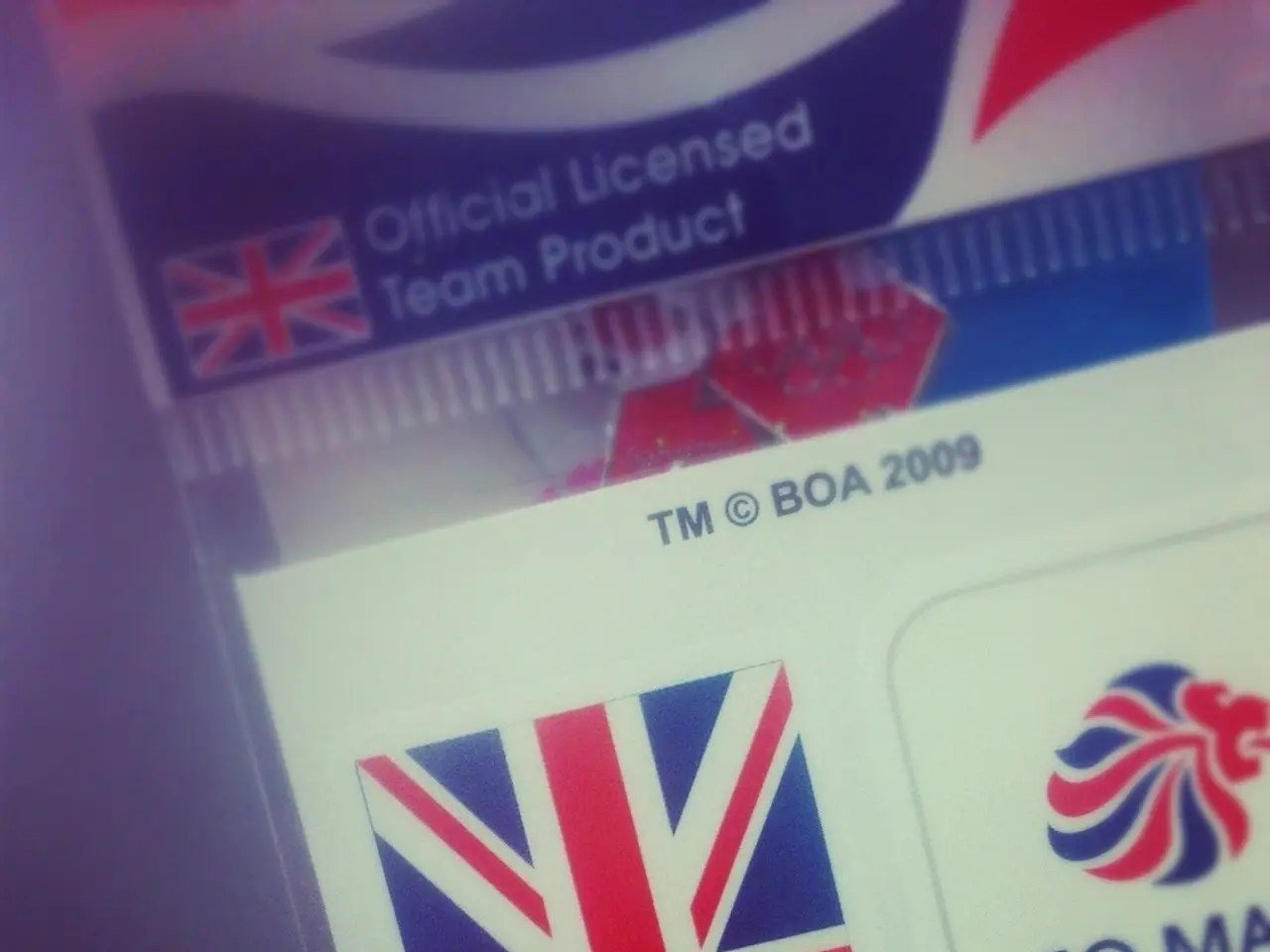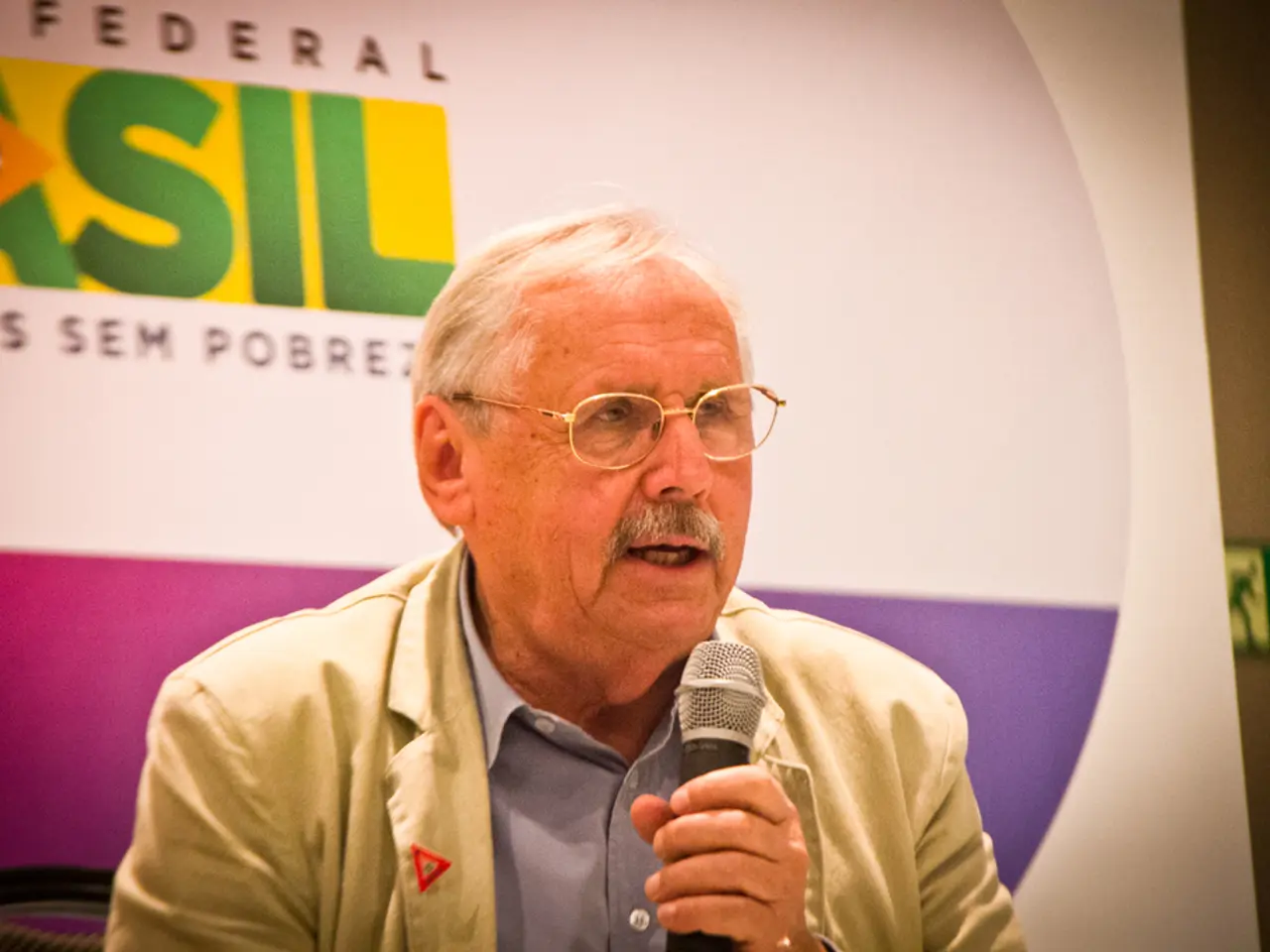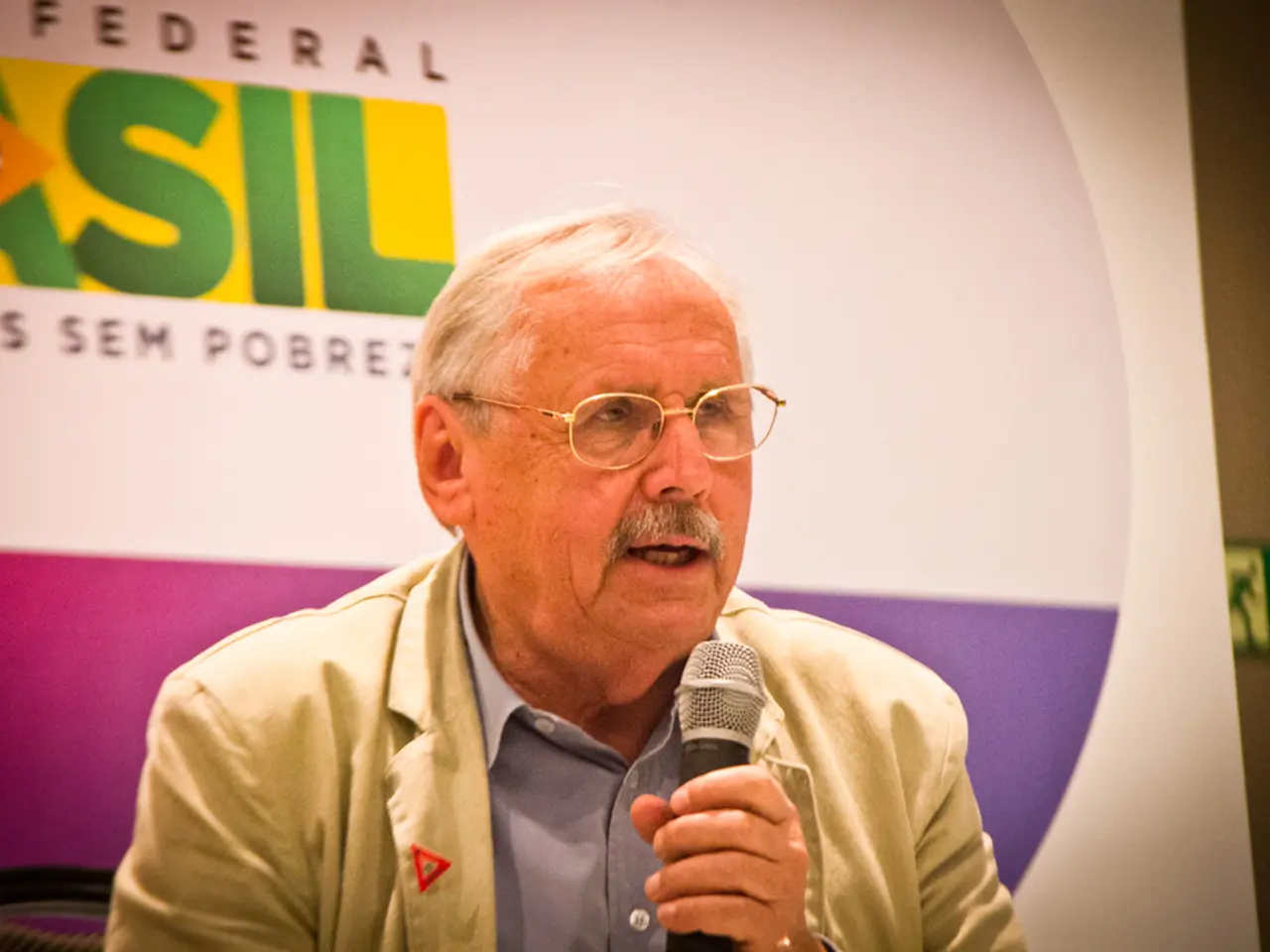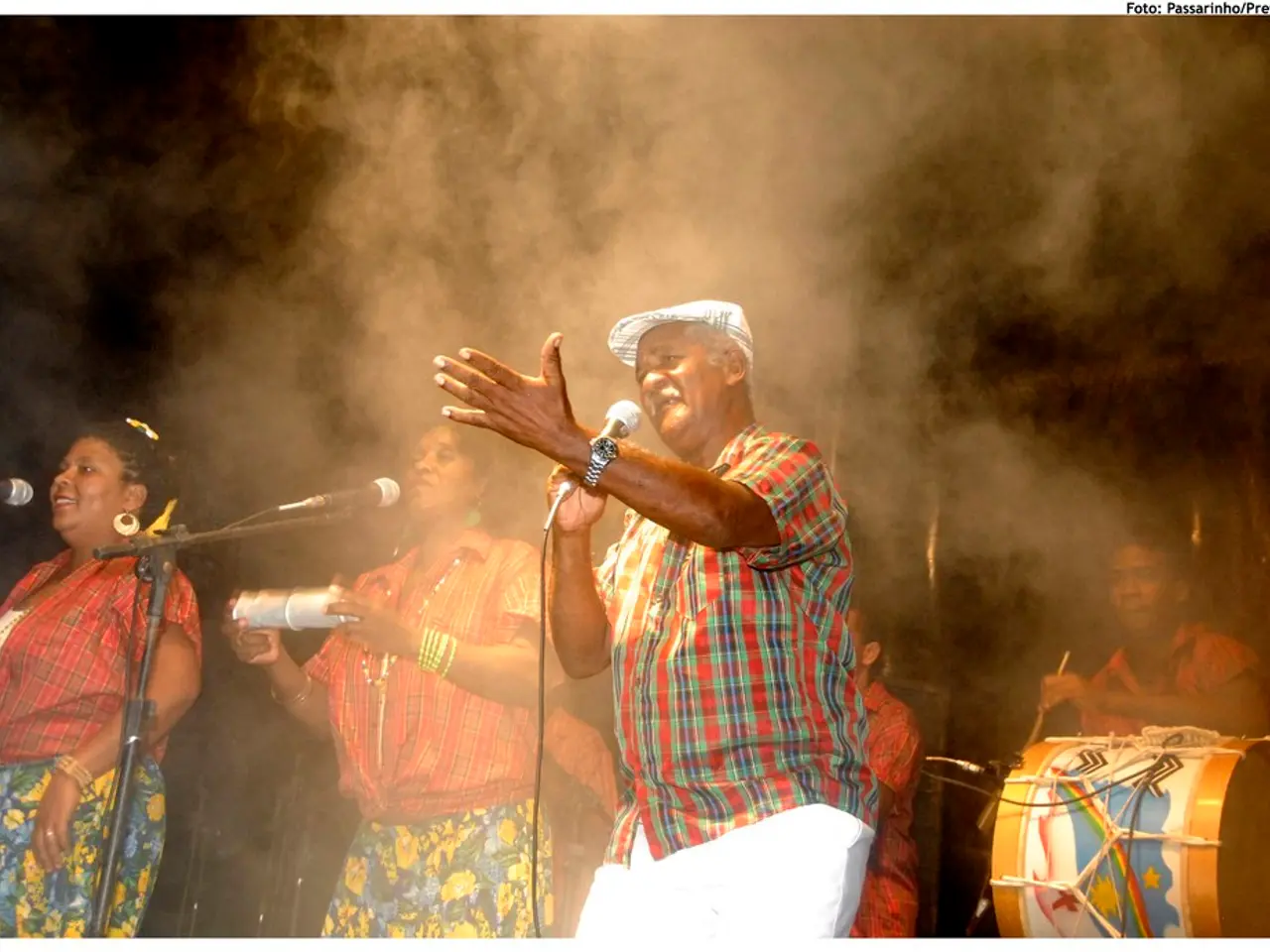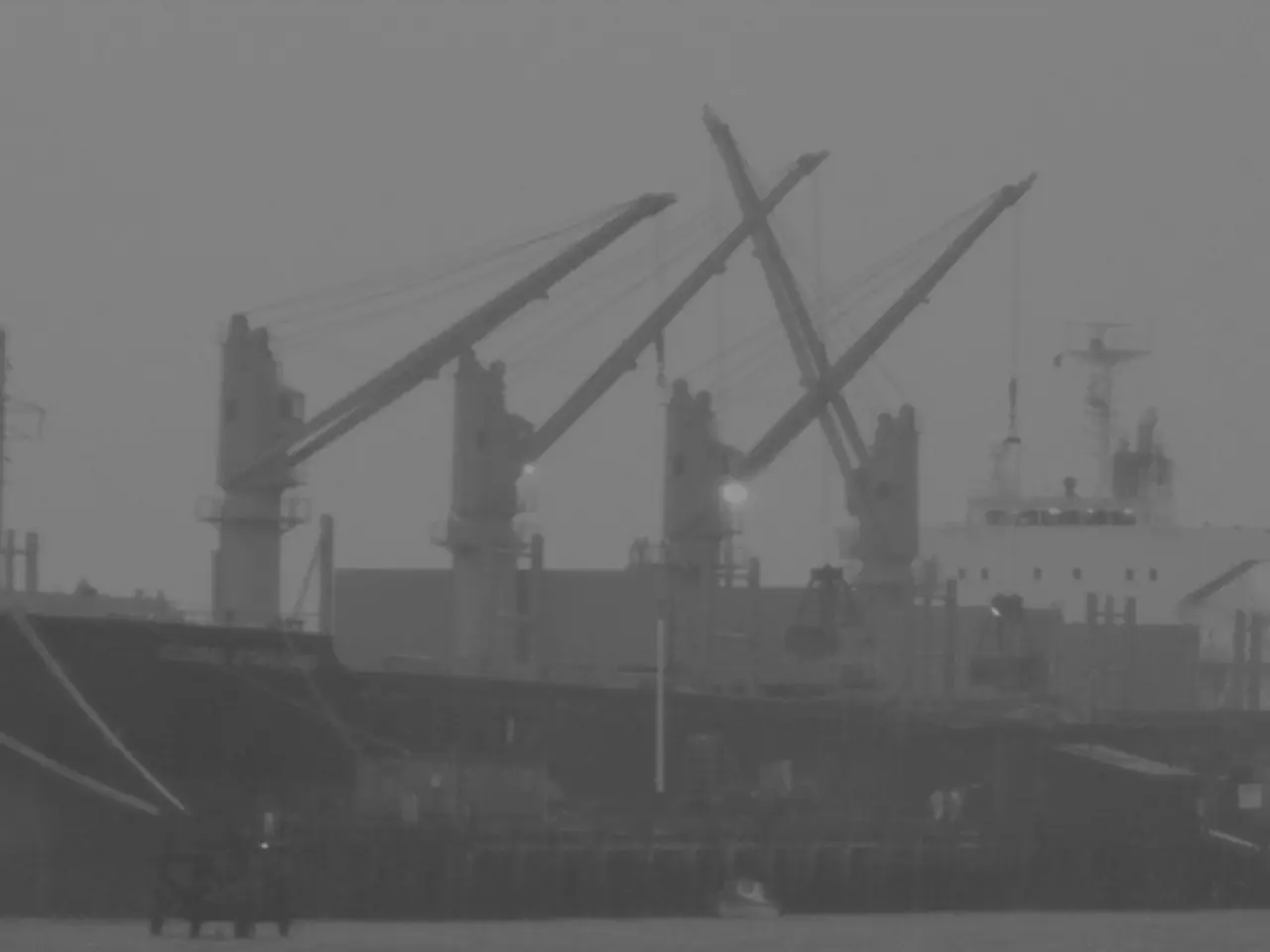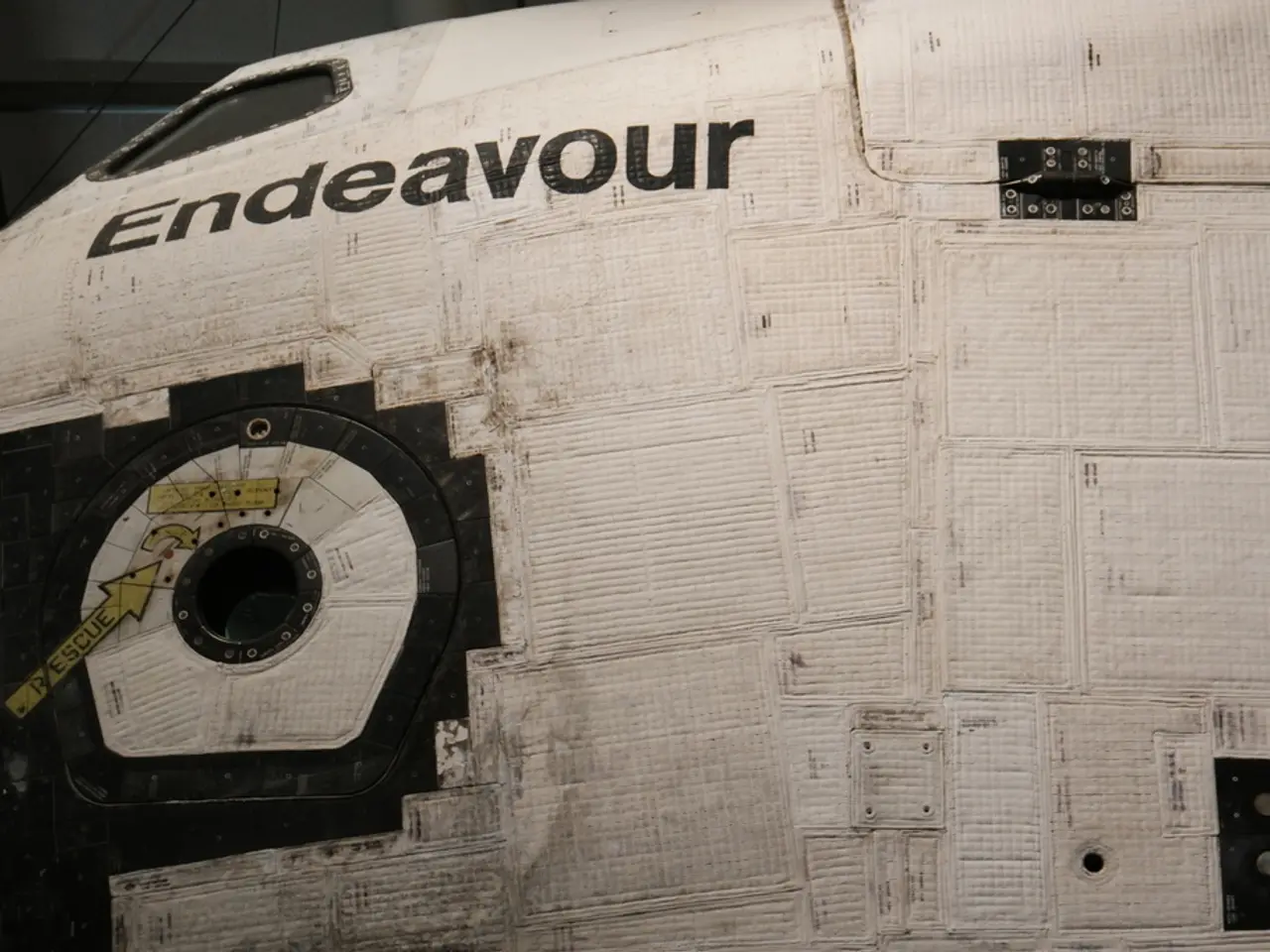Commemorating the Victims of the Atomic Explosion in Nagasaki
In the Japanese city of Nagasaki, the 80th anniversary of the atomic bombing was solemnly commemorated this year. The event served as a stark reminder of the devastation caused by nuclear weapons, with a minute of silence observed to honor the victims of the tragedy.
Nagasaki's mayor, Shiro Suzuki, issued a peace declaration, calling for the abolition of nuclear weapons worldwide. Suzuki also urged the world to learn from history to ensure that Nagasaki remains the last city to suffer a nuclear inferno. Approximately 70,000 people were killed instantly in Nagasaki during the bombing, with an additional 75,000 injured.
Suzuki warned of the growing danger of a nuclear war and emphasized the existential crisis for humanity. His call for nuclear disarmament comes at a time when the world is experiencing a cycle of confrontation and division, as stated by the mayor.
Nagasaki, along with Hiroshima, is a symbol of the horrors of war and peace. Three days before the Nagasaki bombing, the US had devastated Hiroshima with an atomic bomb of lesser yield. The Japanese Empire surrendered on August 15, 1945, following the atomic bombings of Hiroshima and Nagasaki.
Despite these tragic events, Japan's government has not ratified the 2017 UN Treaty on the Prohibition of Nuclear Weapons (TPNW). The Japanese government's stance remains consistent, opting to uphold its security alliance with the United States and focus on arms control under the Nuclear Non-Proliferation Treaty (NPT) framework, rather than joining the TPNW.
This decision has raised concerns domestically and internationally, with some viewing Japan as complicit in U.S. nuclear strategy. Experts suggest Japan pursues a multiple-pronged approach to disarmament, including fostering global social movements against nuclear weapons, rather than focusing solely on the TPNW.
The power of civil society was demonstrated last year when Nihon Hidankyo, a Japanese organization of survivors of the atomic bombings of Hiroshima and Nagasaki, was awarded the Nobel Peace Prize. The award underscores the importance of grassroots advocacy in promoting peace and nuclear disarmament.
In conclusion, Nagasaki's commemoration of the atomic bombing serves as a poignant reminder of the devastation caused by nuclear weapons. The city's mayor's call for nuclear disarmament and Japan's ongoing stance on the TPNW highlight the complexities and challenges in achieving a world free of nuclear weapons.
While Nagasaki's mayor, Shiro Suzuki, advocates for a nuclear-free world and emphasizes the need to learn from history, Japan's government has not ratified the 2017 UN Treaty on the Prohibition of Nuclear Weapons (TPNW), sparking concerns about its compliance with nuclear disarmament efforts. This situation showcases the intersection of politics, general news, and war-and-conflicts, as civil society organizations, such as Nihon Hidankyo, push for peace and nuclear disarmament through grassroots advocacy.


